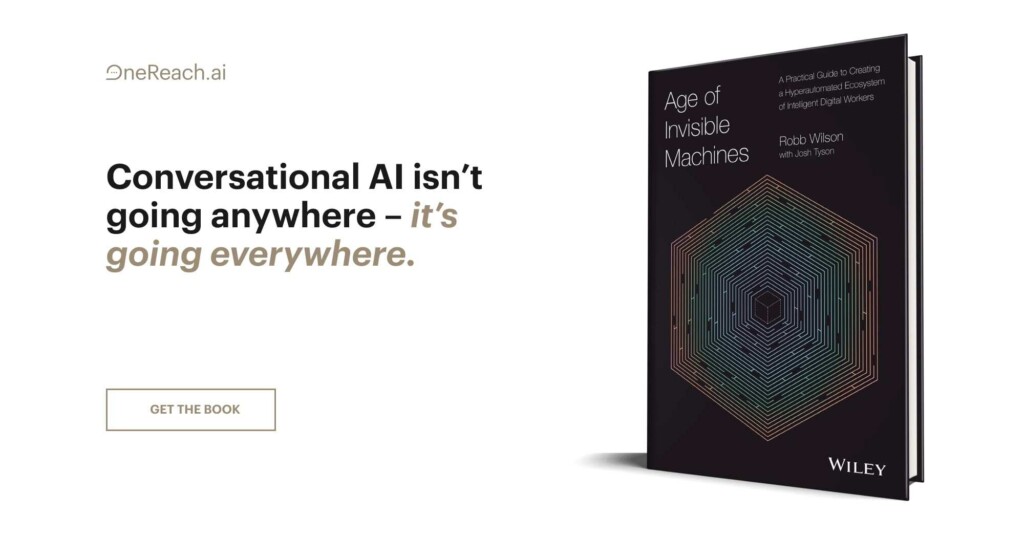Google search is the search engine in the world. The latest earnings report from Alphabet, Google’s parent company, shows that search ads continue to drive Google’s revenue. In Q3 2022, Google’s revenue totaled $69.1 billion, of which $39.5 billion (or 57.2%) was from search ads.
Everybody is expecting a response from Google against the GPT3 solution. Everybody knows that Google has everything to create the best AI solutions.
Google Dilemma
Google monetizes search business and creates massive revenue. Hence, they have a fear of disrupting their business line. Monetization is a crucial thing for R&D projects. A lot of successful high-tech start-up struggle with the monetization of their business. Google solved this problem and transformed itself from a start-up to a tech giant.
Now they are unsure how to position a GPT3 type of solution in their revenue stream.
There is a borderline between GPT3 and Google Search. GPT3 is a language model that can reach data and create answers. Google search is a “to-do point” search tool to show you the possible best resources. Google search allows users to do their own research and not be responsible for the content. However, GPT3 is responsible for the answer. Because this answer is not referenced to another source. If you were Google, would you want to take this responsibility and threaten your easy search income? I don’t think so.
Another difference between Google Search and GPT3 is that Google knows what people are looking for. GPT3 focuses on the best answer it can generate. Google predicts what you can ask. This is far more important than the answer. I always believe that the right questions make a difference.
What should Google do?
Google is not an agile start-up anymore. They are a tech giant, so they can’t answer all hypes with a move. GPT3 shows a new product line that can disrupt search. But Google has more than an algorithm. They know the behaviors of people. They have data about what you search for when you search and the actions you take. So, this is a different business model.
Google search already answers some questions, and people use these answers in daily life. The critical point is that Google doesn’t want to break links with the websites. Because websites are the backbone of income, it is essential to support the future of the web.
Centralization of Knowledge
GPT3 is the side of centralization of knowledge (Single Source of Truth). But Google is the side of the diversity of knowledge. You can search and reach ten different opinions. But GPT3 gives you the most likable answer. Because the GPT3 tries to make the end user happy, which creates bias. The answer you want to hear can be the worst answer to that question.
So, GPT3 can be a data dictator. And unexpectedly, Google can be a democratic alternative. This is not about the ethic of Google; democracy and competition on the web is the primary source of income for Google.
In other words, creating a single source of truth with centralized AI is the enemy of Google. Google’s business model focuses on the competition of different knowledge nodes on the web.
I am on the side of Google. I want to search and reach my answers instead of the quick answers from an AI model. When I use GPT3, I go to google search to verify the answer. So, the competition of websites is a better case against the competition of AI dictator bots.
Lastly, I am waiting for a solution from Google to answer questions with different references and comparisons from the web. We will see 🙂









